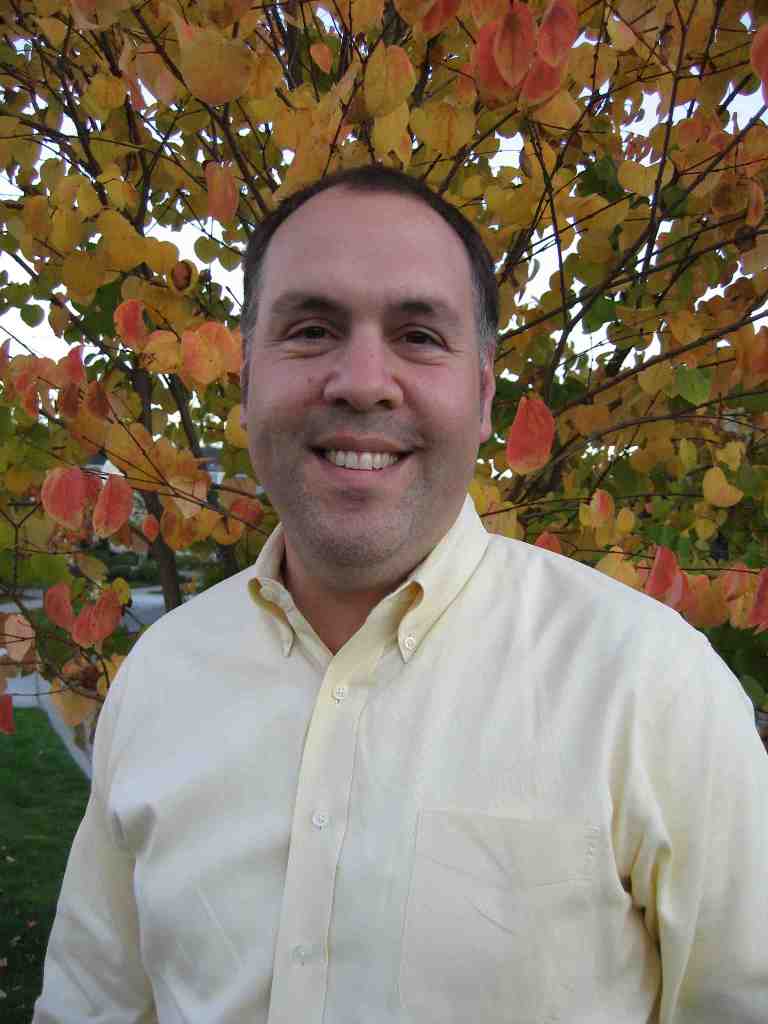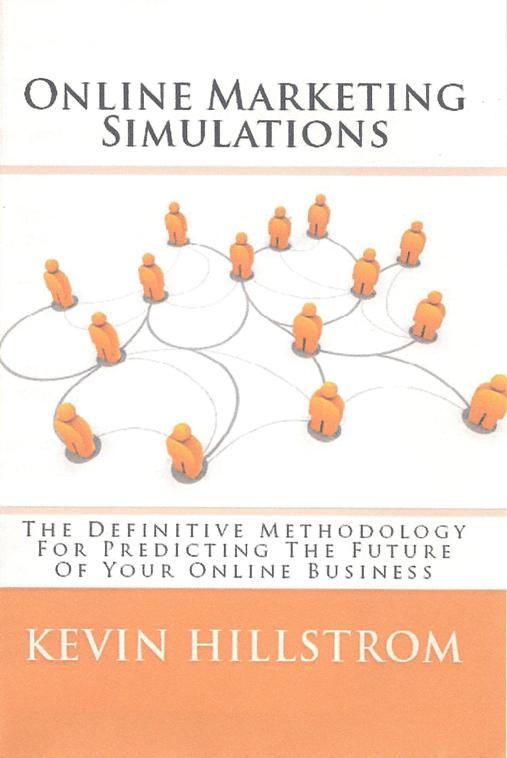Bill Walsh, The Coaching Tree, And Multichannel Marketing
Former San Francisco 49er football coach Bill Walsh passed away today.
I've always been fascinated by his "coaching tree'. He had a group of assistant coaches in San Francisco who went on to become head coaches elsewhere. Many had tremendous success, like Mike Holmgren (being part-owner of the Green Bay Packers, I have a soft spot for Coach Holmgren). Holmgren's tree includes Mike Sherman, Andy Reid, Steve Mariucci, Marty Mornhinweg and Brad Childress.
In multichannel marketing (catalog + online, online + retail, catalog + online + retail), who are the leaders, and who are the disciples who carry multichannel marketing to new levels? Who are the folks who are doing genuinely innovative work, the folks who build upon what innovators have done, and create something new, interesting, successful, profitable?
Tell us about the folks you've worked with who have had an impact on multichannel marketing in the comments section.
I can honestly say that I've borrowed from the strengths of many different folks who I've worked with or followed over the years (and the company I worked with these individuals at):
- Ron Mowers, Garst Seed Company: Patience.
- Lori Liddle, Lands' End: Unparalleled passion for creating a 'perfect' circulation plan.
- Dave Johnson, Lands' End: People skills. I haven't worked with another individual who valued people as much as he did.
- Jim Fulton, Lands' End: His consulting practice is thriving because he figured out how to generate useful information from computer programs, information that shows how the future of a business is likely to evolve. This spurred my interest in what I now call "Multichannel Forensics".
- Bill End, Lands' End: It was great to work with a President/CEO that would take time to teach an arrogant, garden-variety analyst like myself how the world worked.
- Harry Egler, Eddie Bauer: Harry lets you do your job without micromanaging the details.
- Rick Fersch, Eddie Bauer: The President/CEO had one phrase that told you what you needed to do ... "Drive Sales Profitably". In other words, increase sales AND increase profit. The other phrase that proved prophetic was "Grow or Die".
- Brian McAndrews, aQuantive: I only spoke the President/CEO of aQuantive twice. The second time was when I resigned to become VP of Database Marketing at Nordstrom. He only had two questions for me. One was "... but do you still believe in our business model?". He stuck with the company from $78 a share to $1 a share to selling to Microsoft at $65 a share. How many other online leaders "sold out" when the going got tough?
- Blake Nordstrom, Nordstrom: He stayed away from gaudy, confusing, high-flung strategies. Most interesting --- in February 2005, I wanted to apply for the President of Nordstrom Direct position. Blake told me in plain, simple language that I did not have the skills he believed were needed for the position. He wasn't mean. He was simply matter-of-fact about it. The conversation fundamentally changed the direction of my career --- I knew it the moment I the conversation ended. Who knows what might have happened had he danced around the subject, or worse, been dishonest?
- Jim Bromley, Nordstrom: He was the President of Nordstrom Direct, and like Dave Johnson, accomplished a heck of a lot by believing in people over marketing gimmicks or high-flung strategies.
- Frank Buettner, Nordstrom: He cared about the $11/hour call center and distribution center individual. 'Nuff said.
- Brooke White, Nordstrom: The PR Executive who did things opposite of every other PR person I've met. Never heard her name before? There's a reason for that. She would do anything to protect the Nordstrom family, or the Nordstrom culture.
- Linda Finn, Nordstrom: The EVP of Marketing rescued me from a lousy situation. She also valued people over marketing gimmicks or technology.
- Don Libey, Guru: How many people would publish two books from an absolute nobody? These books kick-started my new endeavor. Who knows how many other kinds words he's spread about me that have helped me get this thing going?
Labels: Bill End, Blake Nordstrom, Brian McAndrews, Brooke White, Dave Johnson, Frank Buettner, Harry Egler, Jim Bromley, Jim Fulton, Linda Finn, Lori Liddle, Rick Fersch, Ron Mowers


